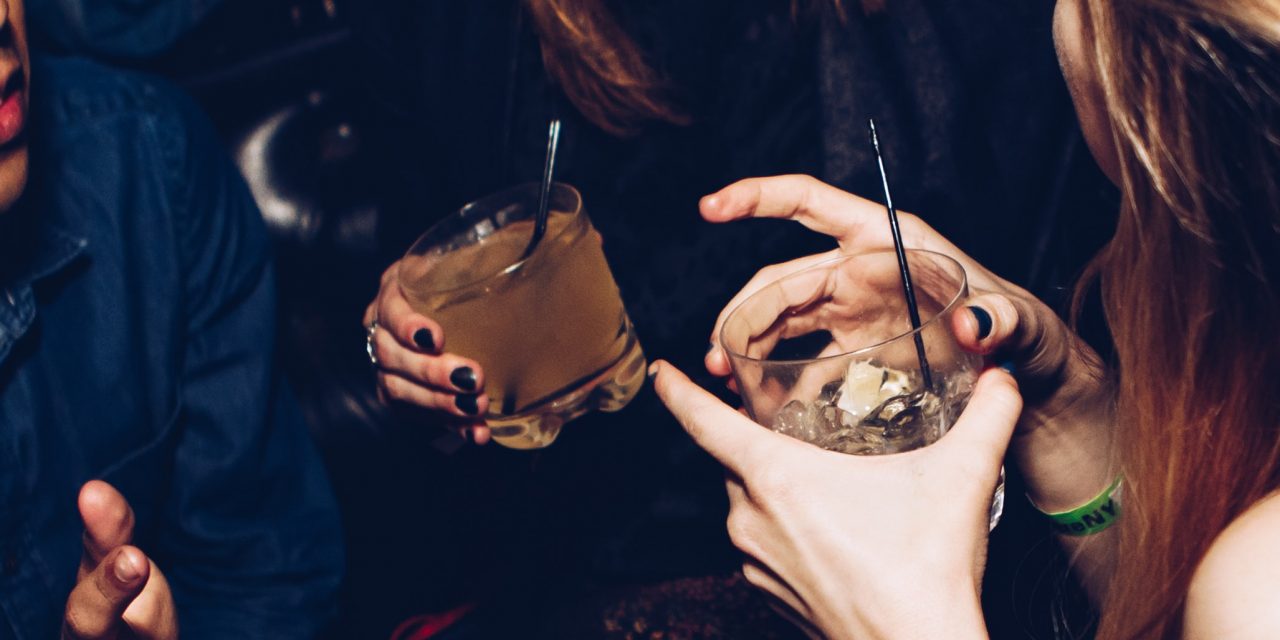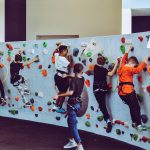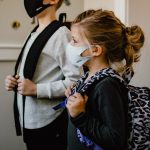Photo by Michael Discenza, accessed from Unsplash.com
By Serena Mayes
The definition of binge drinking is a pattern of drinking that will bring your blood alcohol concentration to .08 percent. Can you think of something else in your life that is portrayed in a pattern? School and coursework. According to the National Institute on Alcohol Abuse and Alcoholism, many college alcohol problems are related to binge drinking.
Darlene Sawyer, Yavapai AA sponsor and mentor “I’ve had many students come to meetings. I have seen alcohol used as a reward system. ‘oh, when I finish this assignment, I get to have a shot. If I get a good grade, I get a bottle.’ I have also seen students use alcohol to cope with workload stress. Alcohol is a depressant, meaning that it slows down brain function delaying responses and reactions, thus making students vulnerable to severe consequences.”
The most severe consequence of alcoholism is death. The NIAA estimates that about 1,519 college students die a year from unintentional alcohol related injuries, including, car accidents, drowning, and alcohol poisoning. Statistic from The American Heart Association show that, over half a million students a year become a victim of assault by another student who has been drinking and about 97,000 students a year report being sexually assaulted by a drunken student.
Skagit Valley College has a variety of drug prevention programs available to students in need. Counseling and advising is also available if you fear you may have a drinking problem. While prevention is essential, it is also understood that students may already have alcohol problems and want to seek help, Skagit Valley College is connected with various local resources that will help you battle alcohol abuse. Drug Watch, Skagit County Human Sources- Behavioral Health, Island County Mental Health, and San Juan Behavioral Health are a few of the local resources that work with our school. Phone services are also offered, as well as emergency zoom meetings.
“I have had more phone call meetings with students in these last few month than I have had in person meetings in my three year career here. Covid, staying at home is giving students incentive to drink the days away. Especially students who have felt alone before the pandemic, it’s sad really,”said Rosita Engle, Yavapai youth and higher education councilor. Thor Christensen, of The American Heart Association News reported that, in store Alcohol sales have increased by 54% since March and online alcohol purchases have increased by 500%. “Not to mention the accessibility. Restaurants are offering curb side pickup for premixed bar drinks, alcohol home delivery is being advertised a lot too, it’s like they’re taking advantage of people during this vulnerable time,” Engle stated.
. Skagit Valley College is primarily using remote learning due to the pandemic, students may experience online learning anxiety. Not all students were familiar with remote learning before this year, the same can be said about some staff members too. According to heart.org, “Anxiety is fueling the pandemic and is bringing on new concerns about excessive drinking, especially within college students. “. The American Heart Association states that, 16 percent of adults said they were drinking more during the pandemic, one in four millennials and one in five Gen Xers said they have upped their alcohol intake.
Students may partake in binge drinking without being aware they are doing so, the alcohol portions for what is considered binge drinking is lower than you may think. “(it) doesn’t seem like a lot. My dad drinks more when relaxing after a shift! I personally enjoy shot games with friends after finals or during breaks. It seems normal.” Kai Nellum, Yavapai College student. According to Healthline Safety Guide, three 12oz beers, three 5 oz glasses of wine or two shots within an hour would bring the average adult to the legal limit of a .08% BAC.
Students at SVC should be aware of the side affects of alcohol. Alcohol can lead to poor sleep habits. Students may use the sedative properties of alcohol without realizing it causes poor sleep quality and duration. Students who use alcohol to sleep may also put themselves at risk for deadly sleep apnea. According to the American Sleep Foundation, alcohol contributes to sleep apnea because it causes your throat muscles to relax, leading to bleeding resistance and choking which can be fatal if you were to vomit. Students may be under the impression that alcohol helps you relax and sleep better, when in fact, it has the opposite effect. Low amounts of alcohol (fewer than two servings for men and one for women) decrease sleep quality by 9.3 percent. Moderate amounts of alcohol (two servings for men or one for women) decrease sleep quality by 24 percent. High amounts of alcohol (more than two serving for men and one serving for women) will decrease sleep quality by 39 percent If you are looking for a good night’s rest before a test or school, alcohol is not the answer.
There are a lot of alternatives when it comes to coping with stress, pandemic anxiety, school, testing and e-learning anxiety. Workout, pick up a hobby, take frequent breaks, don’t be afraid to step away from the computer. Utilize your resources, reach out to SVC for help if you are concerned about alcohol abuse.






